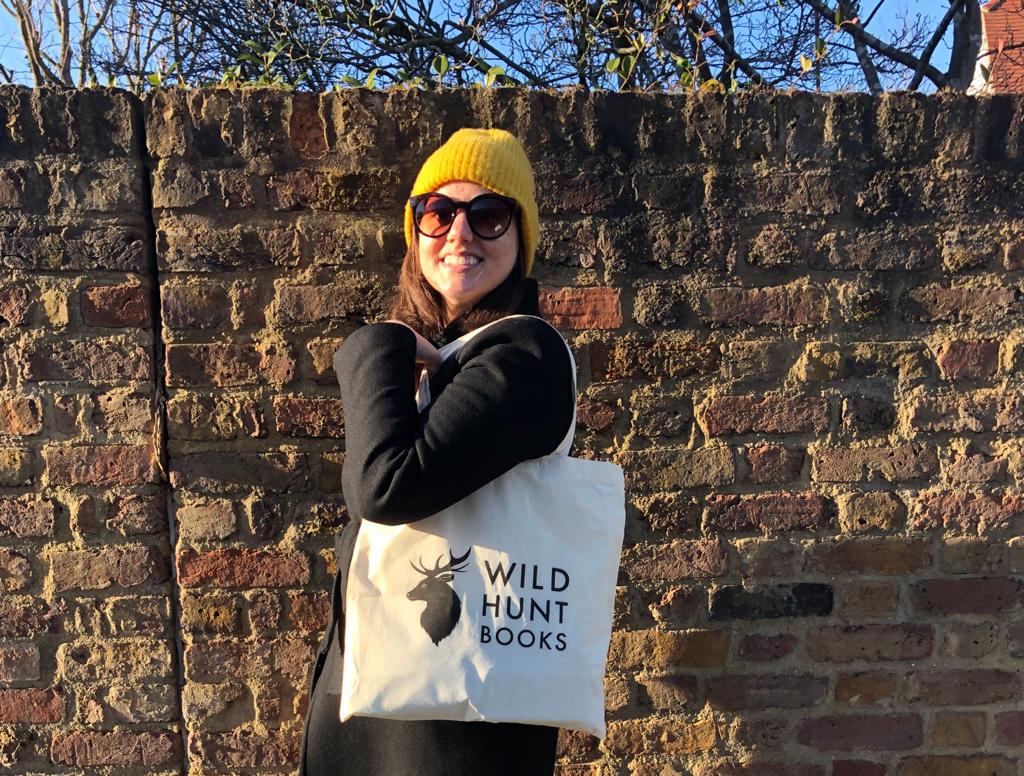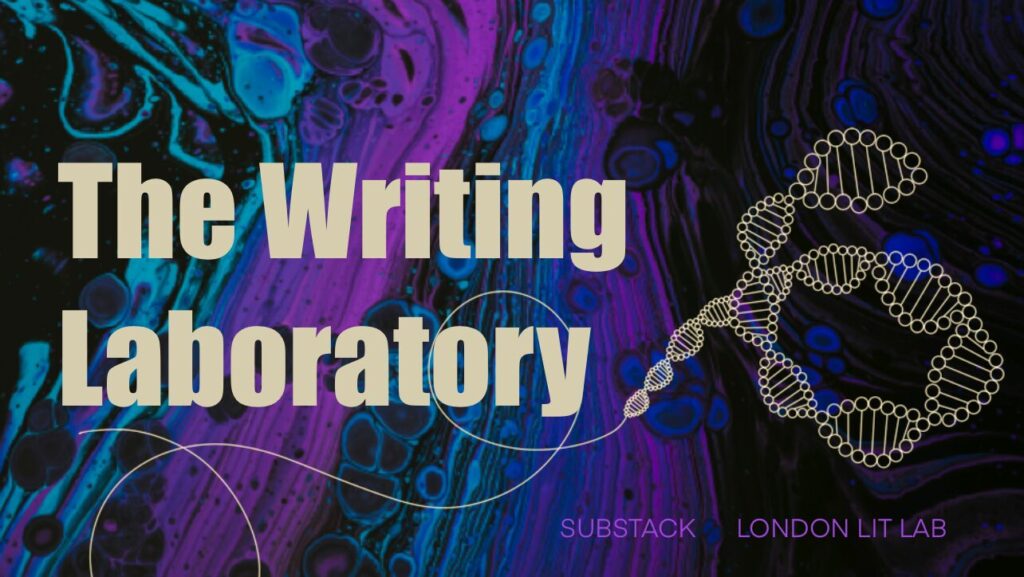Ariell Cacciola, founder of new small press Wild Hunt Books, writes:
Publishing is a tricky business. Every few months, it appears that one large publisher is trying to gobble up the next until readers are left with very little selection when it comes to who controls their entertainment. While I might read many books by these big publishers (are we now referring to them as the Big Four in the UK?), I find myself drawn to the titles coming from independent publishers. Long gone are the days of bad print quality and even more dubious content.
Instead, independent publishers are where the exciting writing, ideas and risk-taking appear to be living. I first really started to notice this in 2016 when a title from a small publisher was shortlisted for the Man Booker Prize. It was so exciting! But now each year, I’m not surprised that most major prizes in the UK feature books from independents.
At the tail end of 2020, after running a successful literary magazine, I decided to expand my horizons and expand the magazine into book publishing called Wild Hunt Books. My ethos was always there in the magazine but it would be even more spirited in the book wing: publish new and emerging authors in the UK and Ireland (and beyond) who are experimenting with style, narrative and any other aspect of craft. As an editor, I have always looked for books with strong voices and in some way threaded elements of genre into literary fiction. If a writer plays with folklore or myth, even better. It is also a mission for Wild Hunt Books to publish underrepresented voices; for example, marginalized writers, working class writers or debut writers over the age of 50. We are also open to authors who are agented or unagented.
I’m proud to say that this is exactly what I received for our first list publishing in 2024. In Bear Season by Gemma Fairclough, a young PhD student from Manchester mysteriously leaves her home for the Alaskan wilderness where she promptly disappears. She is obsessed with folklore and world myths around bears and this is what ultimately propels her to Alaska, where she meets a widowed survivalist. The book is told between multiple unreliable POVs and found texts. While The Burning Child of Bantry by Hanna Nielson might first appear like a traditional ghost story, it’s anything but. Set during the Celtic Tiger and an out-of-work journalist in Belfast leaves home to journey to County Cork where she is promised a job. However, she begins to become haunted not only by the town’s dark and shameful secret, but layers of her own family trauma are revealed and realised. The narrative wonders if her own family had a hand in the early tragedy that everyone is tight-lipped about.
I’m not going to pretend that being an independent publisher is easy – it’s not. You’re usually on your own, with no money and begging for people to listen to you while you shout about how great your books and authors are. Arts council funding has dropped to nearly zero in the country with large institutions even losing their money. Other publishers are folding after struggling for years but I like to think of the positives that independent publishing provides. Without the bloat and bureaucracy of a large company, indies can pivot quickly if a certain way of work isn’t performing. There is no pub committee to pitch ideas to and be told that the book and author you are so passionate about won’t make the cut.
At the end of the day, it’s still daunting but publishing exciting and new fiction that might not otherwise reach readers’ hands is what is at the core of Wild Hunt Books. The most exciting books coming out of the UK and Ireland are, in my opinion, coming from independent publishers.
Wild Hunt Books are currently fundraising for their first list. You can support by pre-ordering the books. The Kickstarter ends on 18th October.
Kickstarter:
https://www.kickstarter.com/projects/wildhuntbooks/wild-hunt-books-2024-publication-list?ref=4m82zj
Website:
https://www.wildhuntbooks.co.uk/


